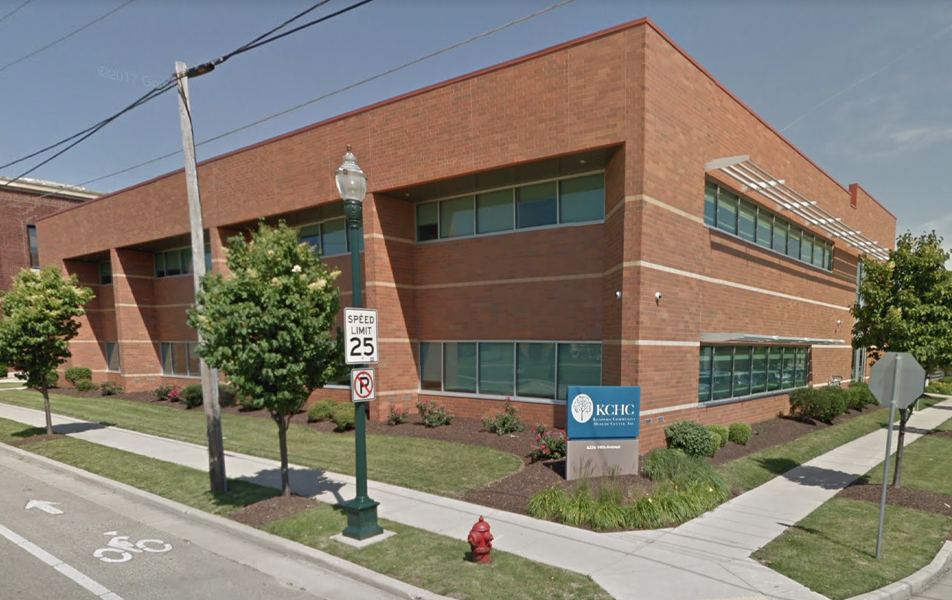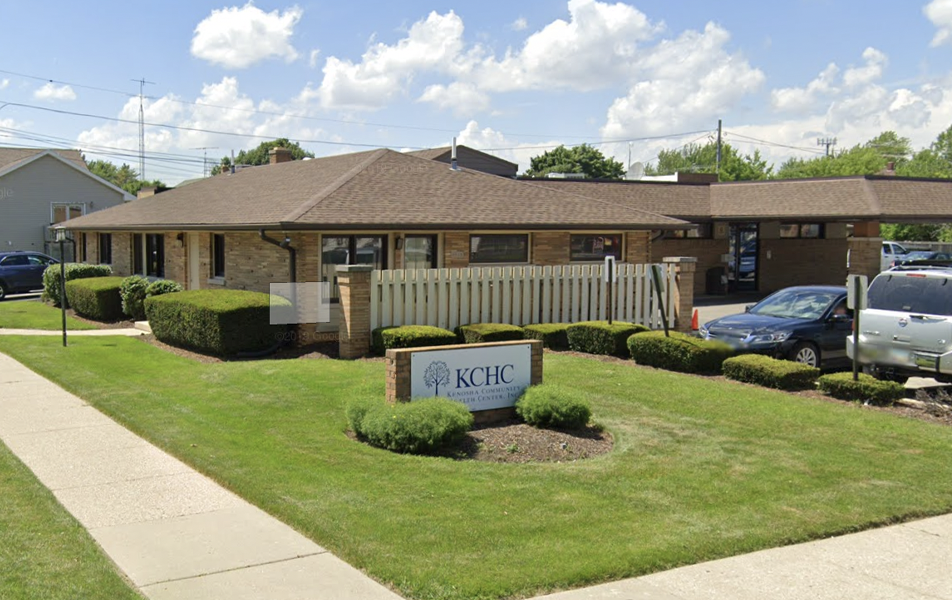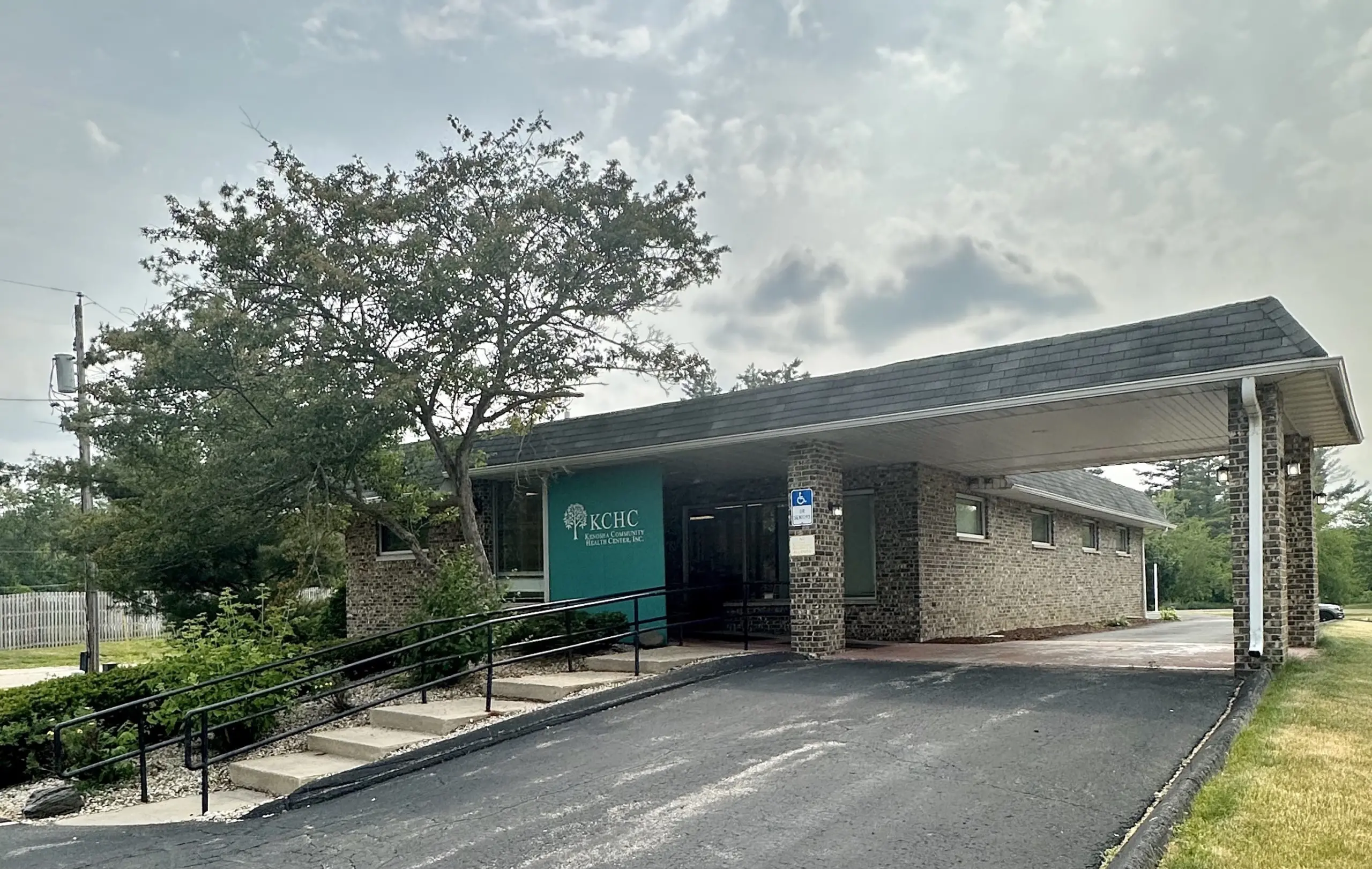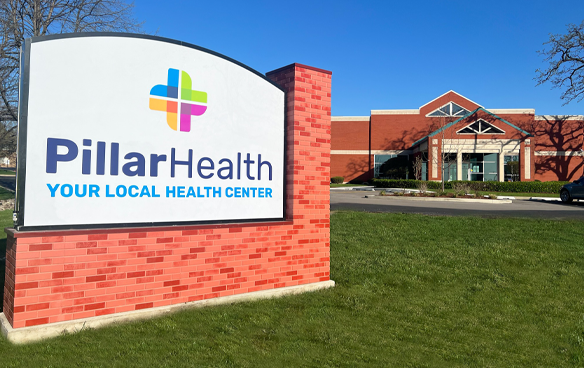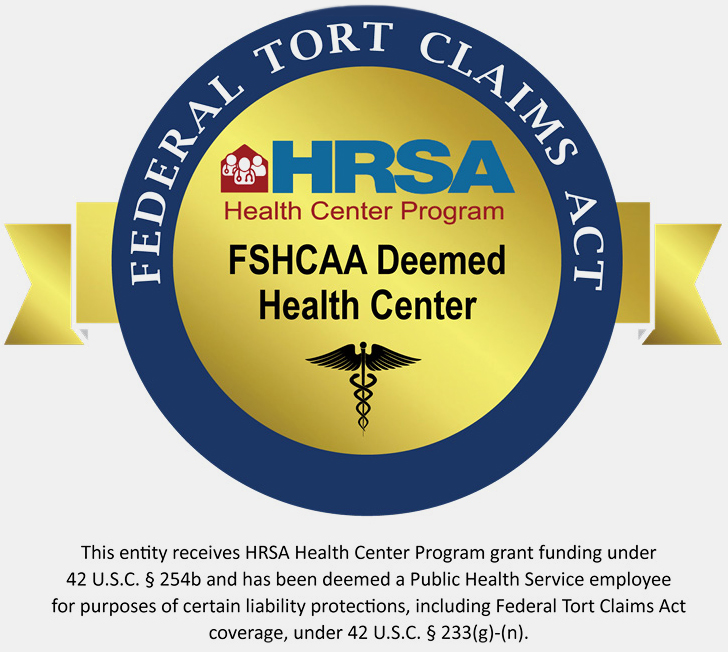
Take Steps to Quit Smoking or Vaping: World No Tobacco Day
Every year, on May 31st, the global community comes together to observe World No Tobacco Day. This important day serves as a reminder of the harmful effects of tobacco on our health and highlights the urgent need for tobacco control. The Kenosha Community Health Center and Pillar Health stand united in raising awareness about the dangers of tobacco and supporting individuals in their journey towards a tobacco-free life.
The Dangers of Tobacco
Tobacco consumption poses severe health risks, causing devastating consequences for both smokers and those exposed to secondhand smoke. Tobacco contains numerous toxic substances, including nicotine, tar, and carbon monoxide, which contribute to a wide range of health problems. Nicotine is a dangerous and highly addictive chemical. It can cause blood pressure, cardiovascular issues and may also contribute to the hardening of the arterial walls, which in turn, may lead to a heart attack. Smoking tobacco products, such as cigarettes, cigars, or pipes, increases the risk of developing various life-threatening conditions, including:
- Cancer: Tobacco is a leading cause of various cancers, such as lung, throat, mouth, esophagus, and bladder cancer.
- Respiratory Diseases: Smoking damages the respiratory system, leading to chronic conditions like chronic obstructive pulmonary disease (COPD) and emphysema.
- Cardiovascular Issues: Tobacco use significantly increases the risk of heart disease, stroke, and high blood pressure, leading to life-threatening consequences.
- Oral Health Problems: Smoking can cause tooth discoloration, gum disease, and oral cancer, affecting both the appearance and functionality of the mouth.
- Complications During Pregnancy: Pregnant women who smoke are at higher risk of miscarriage, premature birth, and delivering babies with low birth weight.
- Social Isolation and Loneliness: Tobacco use, especially cigarette smoking, has become more stigmatized over the last several years. This suggests that smoking may be detrimental to psychosocial health, including feelings of acceptance and well-being.
Tobacco is not limited to cigarettes alone. It can be found in various forms, such as:
- Cigarettes: The most common tobacco product, consisting of finely cut tobacco wrapped in a paper tube.
- Cigars and Pipes: These products involve smoking tobacco wrapped in a tobacco leaf (cigars) or using a pipe to smoke loose tobacco.
- Smokeless Tobacco: This includes chewing tobacco, snuff, snus, and dissolvable tobacco products that are placed in the mouth, releasing nicotine.
- Electronic Cigarettes (E-cigarettes): While marketed as a safer alternative, e-cigarettes still contain harmful chemicals and addictive nicotine.
Taking Steps Towards Quitting
Quitting tobacco use can be challenging, but it is one of the most beneficial decisions for your health. Here are some strategies that can help individuals break free from tobacco addiction:
- Commit to Quitting: Making the personal decision and commitment to quitting is the first and most important step. While difficult, many people just say, ‘I’m Done’ and are able to break the cycle and completely disconnect themselves from tobacco use.
- Seek Support: When needed, engage with healthcare professionals, support groups, or tobacco cessation programs to receive guidance and encouragement.
- Nicotine Replacement Therapy (NRT): Consider using nicotine patches, gum, lozenges, or inhalers to help manage withdrawal symptoms.
- Medications: Consult a healthcare provider who may prescribe medications to assist in quitting tobacco.
- Behavioral Therapies: Cognitive-behavioral therapy (CBT) and other counseling approaches can provide valuable tools and coping strategies to overcome cravings.
- Lifestyle Changes: Adopt a healthy lifestyle by engaging in regular exercise, eating a balanced diet, managing stress, and avoiding triggers associated with tobacco use.
World No Tobacco Day serves as a global reminder to prioritize our health by raising awareness about the dangers of tobacco and promoting tobacco control. The Kenosha Community Health Center and Pillar Health urge individuals to take this opportunity to quit tobacco use, safeguard their well-being, and protect those around them from the harmful effects of secondhand smoke. Our staff is here to help you quit tobacco use. Together, we can build a healthier, tobacco-free community and empower individuals to lead fulfilling lives without the dangers of nicotine.
QUIT TOBACCO TIPS*
SEE YOUR DOCTOR FOR MEDICATION
Ask your doctor if medications are right for you. There are seven FDA-approved medications to help you quit – including Chantix, Zyban and nicotine replacement therapies, such as the patch, gum, lozenge, inhaler and nasal spray. These medications, combined with the proper coaching, can really help.
CHANGE YOUR ROUTINE
- Exercise regularly.
- Walk with a friend.
- Get more sleep.
- Go to bed earlier. Take naps. Read a book before bed instead of lighting up or chewing.
- Take deep breaths.
- Remind yourself cravings will soon pass.
- Avoid places you connect with smoking/chewing.
- Avoid alcohol.
- Remind yourself why you are quitting.
REDUCE YOUR STRESS
- Take a hot bath or shower, get a massage or exercise.
- Take a deep breath. Urges pass.
- Watch a funny movie.
REDUCE TOBACCO WITH HEALTHIER OPTIONS
- Keep your hands and mouth busy.
- Try carrots, straws, pretzel sticks, or gum.
- Don’t skip meals.
- Drink water. It helps during urges.
- Limit coffee and alcohol—they can increase your urge to smoke.
*Information provided by the Wisconsin Tobacco Quit Line (quitline.wisc.edu)
Do not wait to schedule your appointment.
Kenosha Community Health Center has many appointment options in Kenosha and Silver Lake to meet your needs.
Schedule An Appointment

